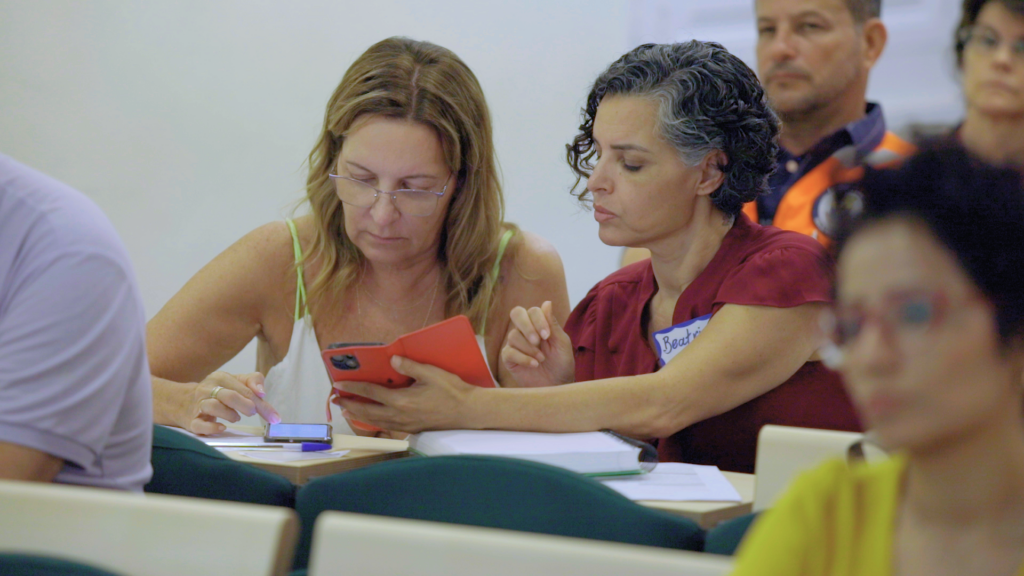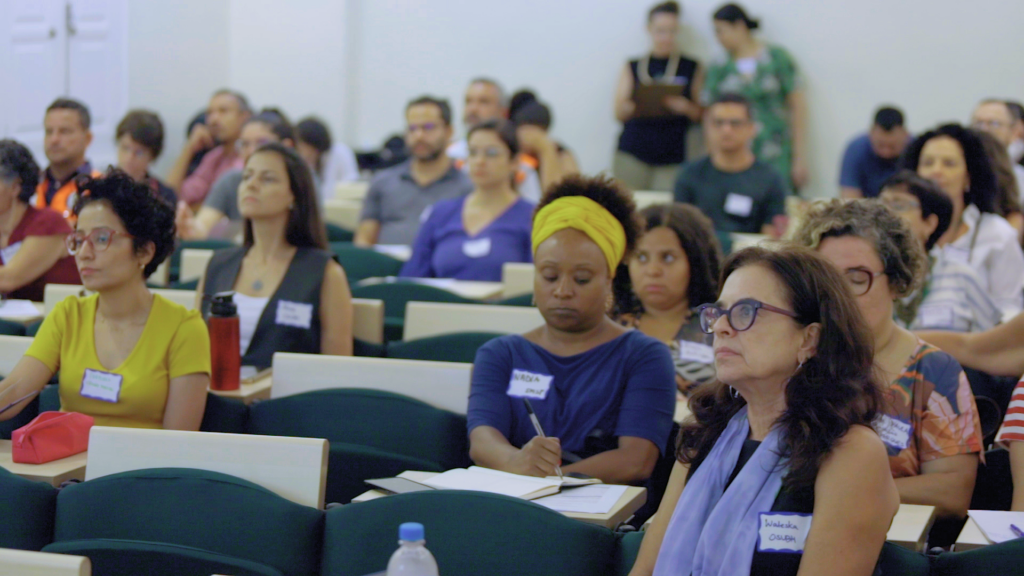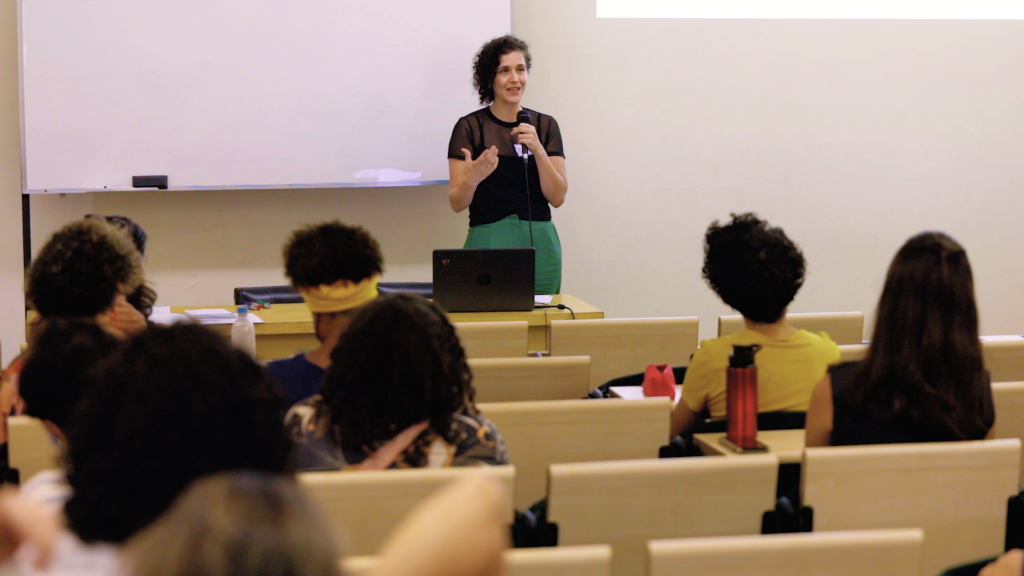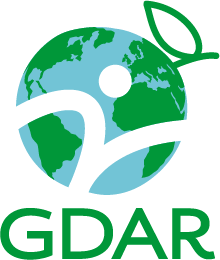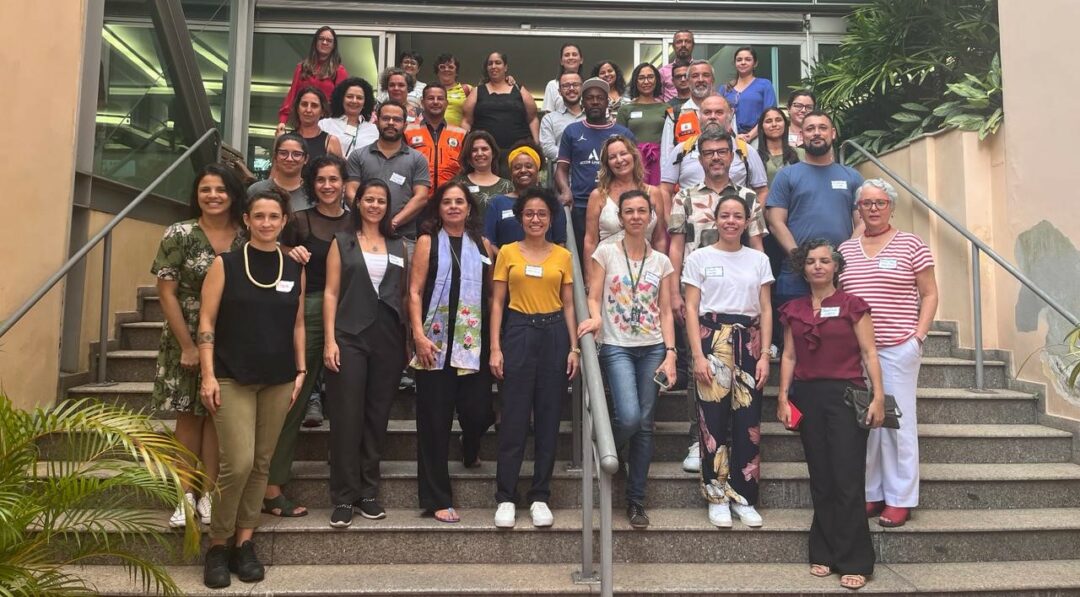On April 1, 2024 the Observatory for Urban Health in Belo Horizonte (OSUBH) hosted the second participatory workshop of the Global Diet and Activity Research Network (GDAR) project, funded by the UK National Institute for Health and Care Research (NIHR).
By sharing experiences between people from different sectors, community actors, public authorities and academia, it was possible to better understand the various challenges and resilience strategies related to risks and climate events in Belo Horizonte, and their effects on health. To this end the workshop addressed the investigation of sociodemographic characteristics, the provision of health and safety services, walkability, and public policies in the city.
Setting out the next steps in this collaboration between OSUBH and the various partner social actors, the participants presented a new research project, the “Map of Inequalities and Opportunities of Belo Horizonte”. This project takes advantage of the GDAR research results and expands it by building indicators of intra-urban inequalities and opportunities based on municipal and national secondary data, qualitative data and other participatory methodologies.
